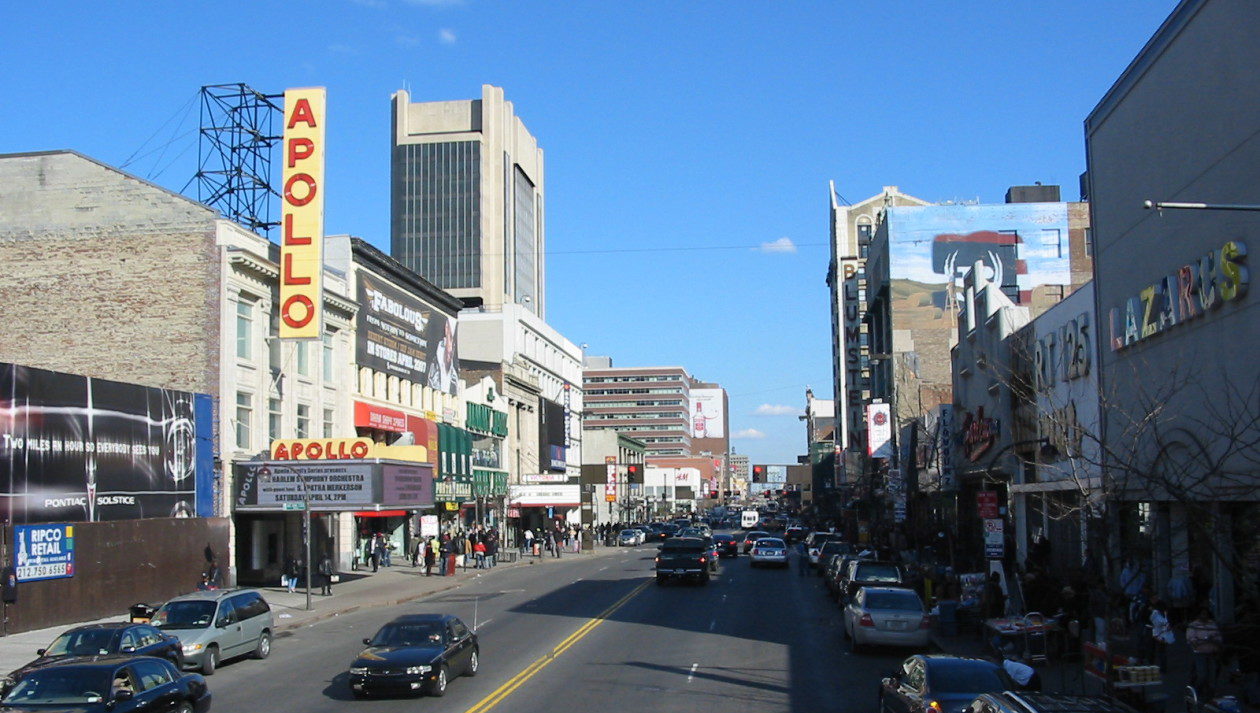Race Relations
As an artificial intelligence language model, I do not have access to real-time information and events, nor do I have personal opinions or beliefs. However, I can provide a general overview of race relations in the United States based on historical trends and current issues.
Race relations in the United States in 2023 may be shaped by a range of factors, including political and social movements, demographic changes, and ongoing discussions and debates surrounding issues of racial justice and equality. The legacy of systemic racism and inequality continues to impact various aspects of American life, from disparities in education, healthcare, and housing to disproportionate rates of poverty, unemployment, and incarceration among communities of color.
Recent years have seen increased activism and protests, particularly in response to incidents of police brutality and the unjust treatment of Black Americans. This has led to calls for police reform, criminal justice reform, and broader efforts to address systemic racism and inequality. At the same time, there are also ongoing debates and discussions surrounding issues of identity, privilege, and representation, as well as tensions between different racial and ethnic groups.
Despite these challenges, there are also many positive developments and efforts to promote diversity, inclusion, and equity across different sectors of American society, from the workplace to the media and entertainment industries. Overall, race relations in the United States in 2023 may be characterized by a mix of progress and ongoing challenges, as Americans continue to grapple with the legacy of racism and inequality while working towards a more just and equitable society. Ongoing conversations about race, privilege, and power dynamics are necessary for meaningful progress to be made in this area.
Getting Older
Getting older is a natural process of the human body that involves various physical and psychological changes over time. As people age, their bodies undergo many changes, including decreased metabolism, decreased bone density, reduced muscle mass and flexibility, and a decrease in organ function. These changes can lead to an increased risk of various health problems such as heart disease, stroke, diabetes, and arthritis.
Along with physical changes, people also experience psychological changes as they get older. These changes can include decreased memory and cognitive function, increased wisdom and experience, and changes in emotional stability and resilience. While the aging process is natural, it can also be influenced by various factors such as genetics, lifestyle choices, and environmental factors. For example, regular exercise and a healthy diet can help to slow down the aging process and promote overall health and well-being.
Overall, getting older is a natural part of life that involves various physical and psychological changes. By maintaining a healthy lifestyle and seeking appropriate medical care, individuals can continue to lead fulfilling and active lives as they age.
African American cinema refers to films made by and for African Americans, often exploring the experiences and perspectives of Black people in America. African American cinema has a rich history, dating back to the early 20th century when silent films featuring Black actors were produced. However, it wasn’t until the 1960s and 1970s that African American cinema began to gain wider recognition and acclaim.
During this time, the Civil Rights Movement and Black Power Movement brought about a renewed interest in Black culture and identity, leading to the emergence of the “Blaxploitation” film genre. These films often featured Black actors in lead roles and explored themes such as racism, police brutality, and urban poverty.
In the decades that followed, African American cinema continued to evolve and expand. Filmmakers such as Spike Lee, John Singleton, and Ava DuVernay have gained critical acclaim and mainstream success, while also telling stories that are often overlooked by Hollywood. African American cinema has also diversified, with films exploring a wide range of genres and themes, from romantic comedies to historical dramas.
One of the most important contributions of African American cinema has been its role in giving voice to Black experiences and perspectives, which have historically been marginalized or ignored by mainstream media. Through their films, African American filmmakers have provided a platform for Black artists, actors, and writers to tell their own stories and challenge stereotypes and misconceptions about Black people.
Hi I’m Melvin Best, founder and director of the Harlem Film Institute. I am an educator, avid film lover and all around nice guy.





